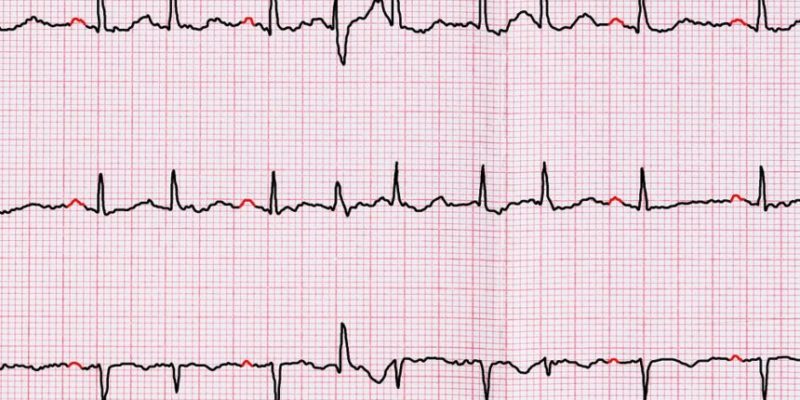Atrial fibrillation (A-fib or AF) is an irregular heart rhythm and the most common type of arrhythmia. It often prevents the heart from pumping blood to the rest of your body efficiently and puts you at risk of stroke and blood clots. AF can be deadly if left untreated. However, Rishin Shah, MD, a renowned specialist in atrial fibrillation in Frisco, can help you avoid complications and maintain a steady heartbeat.
What is Atrial Fibrillation?
Atrial Fibrillation usually begins on the upper-right chamber of your heart and causes multiple parts of your heart to beat at a different pace. This means that you could have a heartbeat that triggers from your atria and ventricles at the same time.
Between 2.7% and 6.1% of people in the United States have atrial fibrillation, according to the Centers for Disease Control and Prevention (CDC). Age is a common risk factor, with 9 percent of people over 65 having the condition.
A-fib could be temporary, seasonal, or permanent. Experts say that recognizing and treating it early reduces your chances of developing complications significantly.
Symptoms of Atrial Fibrillation
A-fib may not always present symptoms. When they do, they may be intermittent and differ in severity depending on the number of impulses your ventricles receive from your atria. Apart from an increased heart rate, patients who experience symptoms of A-Fib may notice:
Palpitations or feeling like your heart is fluttering, beating too hard or fast, or skipping a beat
- Chest pain
- Lightheadedness, dizziness, and fainting
- Weakness, fatigue, and shortness of breath
- Low blood pressure
- Confusion
- Intolerance to exercise
Symptoms of this condition could present for several minutes or hours at a time. If they go past several days, you could have chronic atrial fibrillation.
AF could potentially predispose you to life-threatening health problems like blood clots, stroke, and heart and cognitive difficulties.
Risk Factors of A-Fib
Certain factors increase your risk of developing atrial fibrillation. They include:
-
- Age: The older a patient is, the higher their risk of A-Fib
- Heart disease: Conditions like heart failure, heart valve disease, coronary artery disease, or heart attack history.
- Excessive alcohol consumption: Having more than 1 or 2 drinks daily from men and women respectively can put increase your chances of getting AF
- Hypertension
- Pulmonary embolism
- Family history of A-Fib
- Sleep apnea
- Heart surgery
Other long-term conditions like asthma, thyroid problems, obesity, and diabetes
Prevention of Atrial Fibrillation
You can reduce your risk of A-Fib by controlling the factors that may potentially cause it. Standard practices that help you prevent with A-Fib include:
- Maintaining a healthy diet: The American Heart Association (AHA) recommends the DASH diet
- Managing stress: You can try yoga, meditation, or breathing exercises
- Abstaining from alcohol and other drugs like tobacco and cocaine
- Exercising regularly
Treatment of AF
Overall, treatment for AF aims to reduce your risk of complications and to improve your symptoms. However, your treatment plan should depend on how your symptoms present.
Your doctor could try to restore your normal heartbeat rhythm or leave it as is and prescribe medication to prevent clots and a high heart rate.
Conventional treatment methods include:
Medication to:
- Prevent clots
- Manage your heart rate
- Normalize you heart rhythm
Procedures like:
- Electrical cardioversion
- Catheter ablation
- Surgical ablation
- Pacemaker placement
Takeaway
Atrial fibrillation is a manageable condition; with some lifestyle adjustments and the right medical treatment, you can lead a normal life.
If you notice the symptoms mentioned in this post or fear you may have A-Fib, call the Prime and Heart Vascular office to book an appointment with a cardiovascular physician.









Comments